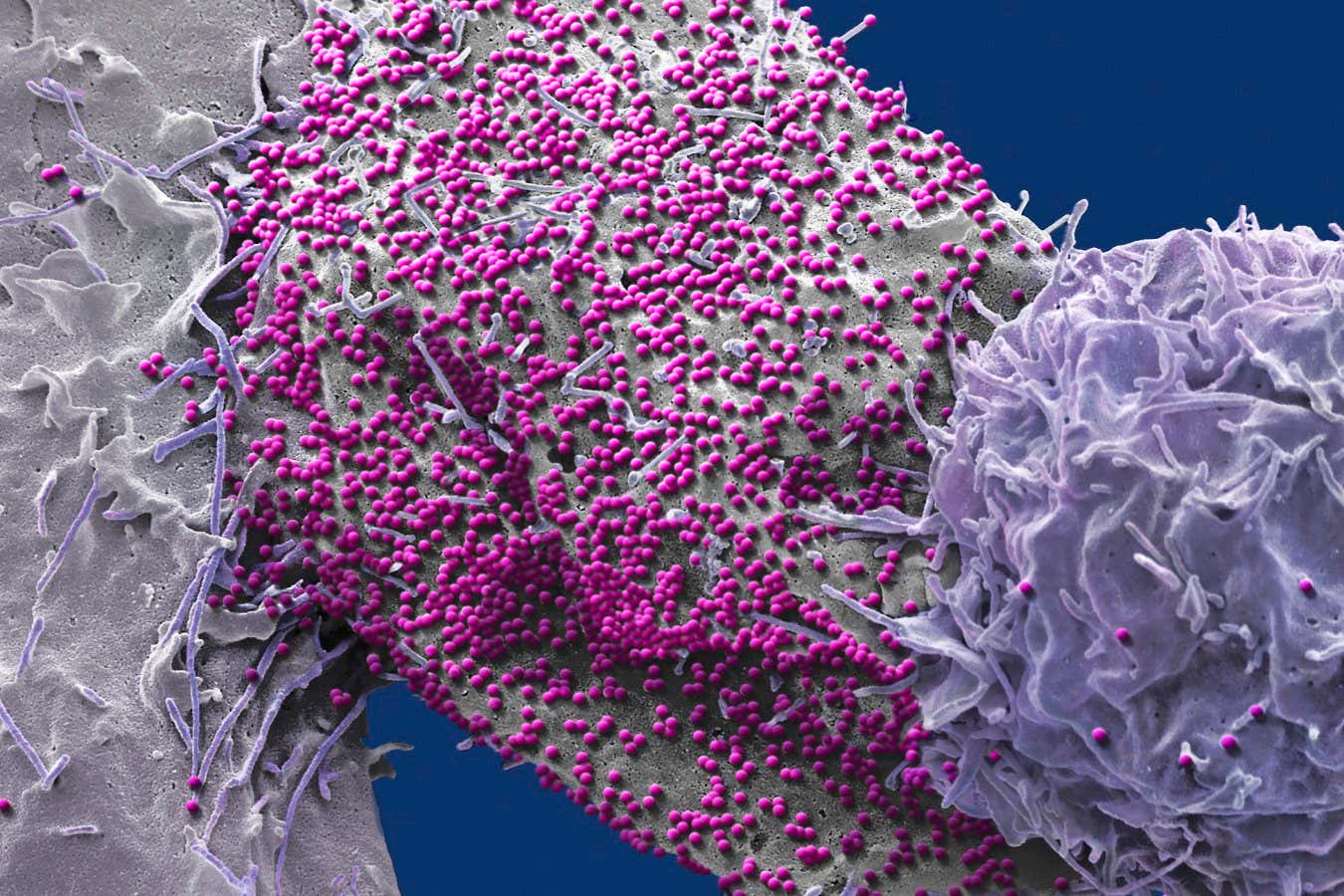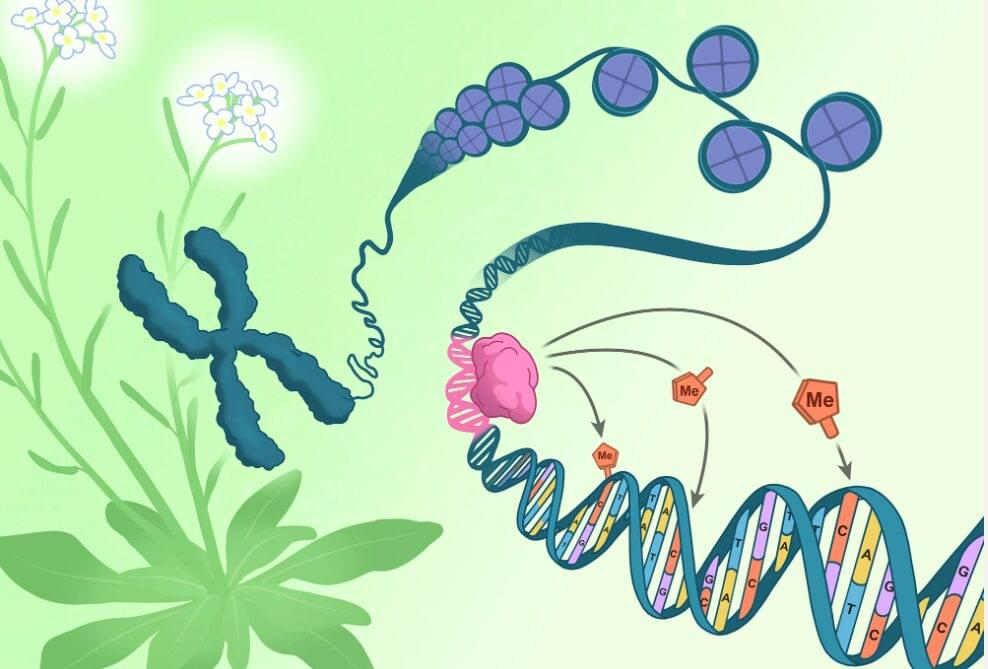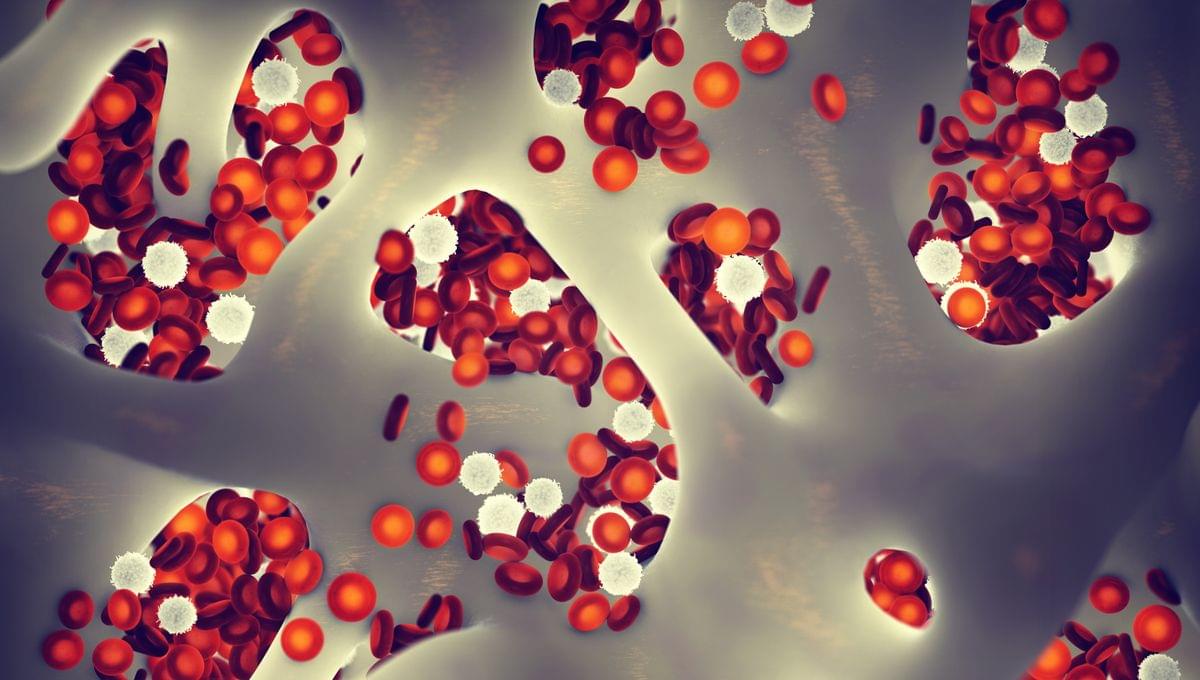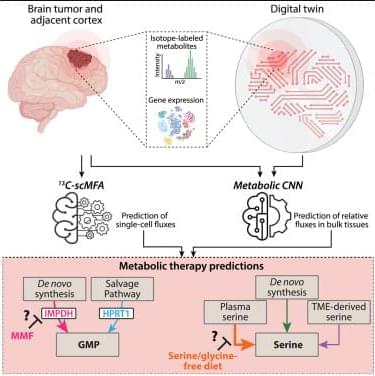There are a lot of great charities out there, including space. This is something different.
Imagine; Supporting space education. Giving children in the depths of a war hope and Permission to Dream. Laying the groundwork for an emerging democratic Space Nation by inspiring its children. In other words, doing something that might help the arc of history swing upwards — to the Stars!
In 2017, I traveled across Ukraine on a speaking tour. Even though the country was already at war, what I found wasn’t fear or despair — it was optimism. A fierce, almost defiant belief in the future and democratic values. I met hundreds of young Ukrainians, from teenagers gathered in tech cafés to little kids proudly showing me crayon drawings of the space stations and rockets they dreamed of building someday.
I think about those kids a lot now. I wonder how many of them are gone, how many never had the chance to grow into the engineers, artists, scientists, and explorers they were meant to be. It breaks my heart — and it also drives me to help the ones who are still here, still dreaming, still holding on to hope.
That’s why I launched SPACE4 Ukraine with my partner, Yuliya Kurokhtina — one of Ukraine’s leading business voices and a relentless philanthropist. Together, our mission is simple: give Ukrainian children direction, inspiration, and a reason to believe in their future. The same Permission to Dream that carried me through my own storms.
Most people don’t realize it, but Ukraine has a deep and remarkable space legacy. They helped build Sputnik. They designed the Zenit rockets. They powered Sea Launch. Their engineers remain among the best in the world. This legacy matters — not just historically, but as a beacon for their children: your future can be bigger than your present.
SPACE4 Ukraine is designed to be clear, direct, and transparent.









